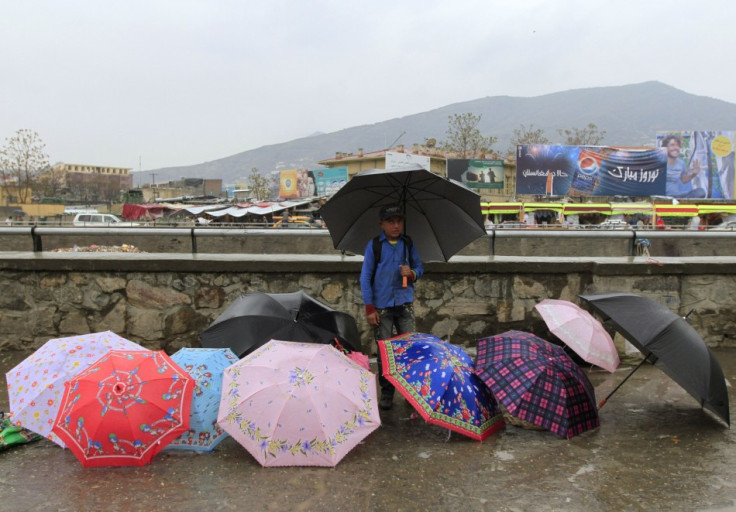UN Calls for Co-operation to Curb Human Trafficking in Tourism
Tourism infrastructure often plays a role in aiding trafficking as victims are either captured for the sex trade or cheap labour.

The United Nations World Tourism Organization (UNWTO) called for concerted efforts in the fight against human trafficking and particularly child trafficking in the tourism sector, as it signed a Memorandum of Understanding (MoU) with the United Nations Office on Drugs and Crime (UNODC) in Vienna last week. The two UN bodies called for co-operation from the world's tourism sector during the 21st United Nations Commission on Crime Prevention and Criminal Justice (CCPCJ).
"The tourism sector can and should play a vital role in preventing human trafficking linked to tourism, including sexual exploitation," Yury Fedotov, Executive Director of UNODC, said.
The UNWTO statistics suggest that the number of outbound travelers around the world is expected to reach one billion in 2012, signaling an expanding tourism industry worldwide. However, this growth has, unfortunately, leads to increased chances of trafficking.
"While this expansion drives economic growth, job creation and development, there is evidence that the tourism infrastructure is also being used for the exploitation of and trafficking in persons - and children are especially vulnerable," the UNWTO said in a statement.
The tourism industry in countries beset with trafficking problem often plays an unwanted critical role, as victims are either captured for sexual purposes (forced prostitution, sex tourism, etc) or are forced to become street hawkers and cheap labour at restaurants, hotels, bars and similar establishments. Some tour operators, involved in removing organs from trafficked in victims, even attract visitors interested in organ transplants.
Although the UN General Assembly approved the UNWTO Global Code of Ethics for Tourism in 2001 - a code designed to check exploitation of humans, including women and children, in the tourism industry - only a few countries abide by it and efforts to introduce the code in other countries needed to be strengthened, Fedotov added.
"In India, for example, the Ministry of Tourism, UNODC, the private sector and Save the Children have jointly developed and adopted a national Code of Conduct for Safe and Honourable Tourism, based on the Global Code. Hoteliers and tour operators have pledged to abide by the Code to make sure that no one involved in the hospitality industry is forced to use drugs or is sexually exploited. The model is ready to be replicated in other countries," he explained.
The existing codes of conducts for the global tourism industry also call for responsibility of the hospitality sector to create awareness about human trafficking and support trafficked persons by providing skill-based training. This can in turn improve public image of the companies, bringing in more visitors.
"We must raise awareness of human trafficking in the tourism sector. Consumers should be able to make an informed choice about where they choose to spend their money- and crucially, how it will be used," Fedotov concluded.
© Copyright IBTimes 2024. All rights reserved.







